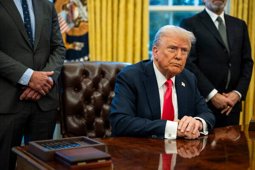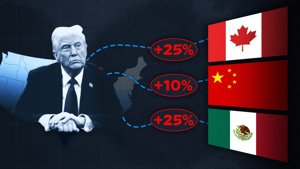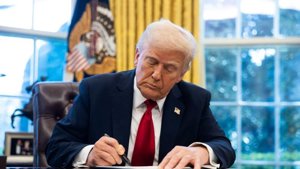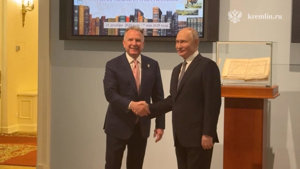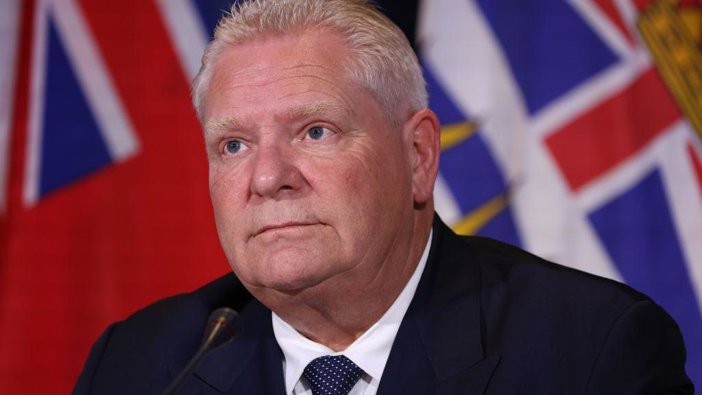
Allies Slam Trump’s Auto Tariffs
Global leaders are pushing back against United States President Donald Trump’s newly announced 25% tariffs on automobiles manufactured outside the U.S., warning of significant economic and diplomatic repercussions.
Ontario Premier Doug Ford criticised the tariffs in a statement posted to social media, calling them harmful to consumers and the economy. “These tariffs on cars and light trucks will do nothing more than increase costs for hard-working American families,” he said, warning that the U.S. market is already in decline and that the president's decision is “putting American jobs at risk.”
Ford added that he had spoken with Canadian Prime Minister Mark Carney, and that both agreed Canada must remain “firm, strong and united.” He voiced full support for the federal government’s implementation of retaliatory tariffs.
European Commission President Ursula von der Leyen also voiced strong opposition, stating that she “deeply regretted” the U.S. decision to impose tariffs on EU automotive exports. She reiterated that “tariffs are taxes” and described the move as “bad for business, worse for the consumer, in the U.S. and the EU.” She added that while the EU prefers diplomatic negotiations, it will act to defend its economic interests.
In Asia, Japan’s government issued its own warning, expressing grave concern about the broader consequences of the U.S. trade measures. Chief Cabinet Secretary Yoshimasa Hayashi stated, “We believe that the current measures and other broad-based trade restrictions by the U.S. government could have a significant impact on the economic relationship between Japan and the U.S., as well as on the global economy and the multilateral trading system.”
The widespread condemnation from close U.S. allies reflects rising tension over the aggressive trade policy and its potential to destabilise global economic cooperation. Each nation has indicated it is weighing economic or diplomatic responses while continuing to seek negotiated solutions.
As the situation unfolds, the international community remains watchful of further developments and potential escalation in global trade friction.


